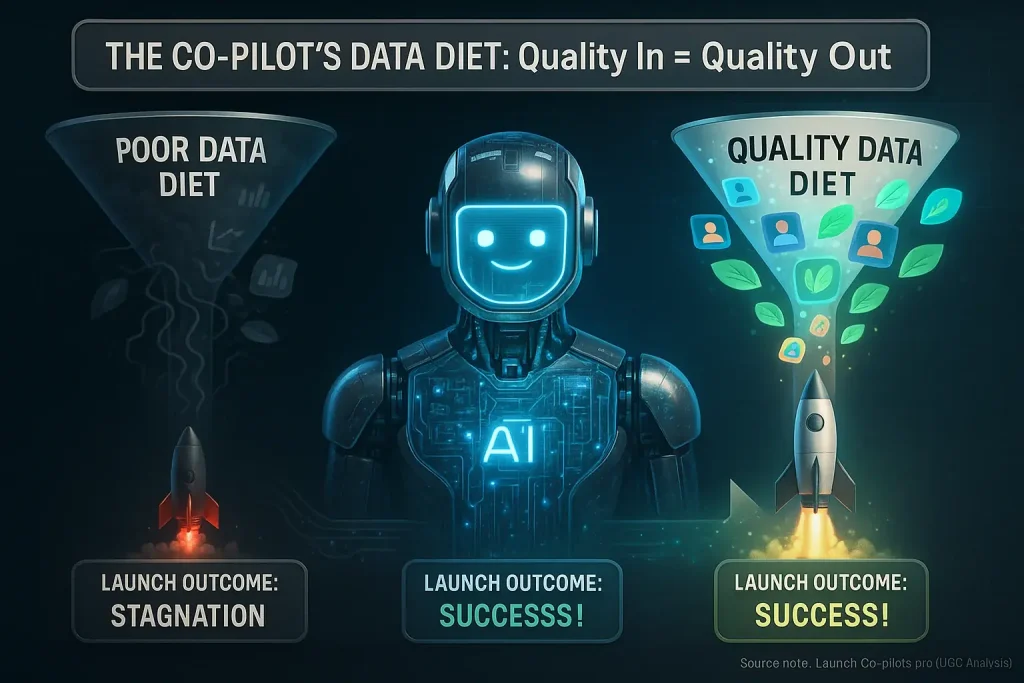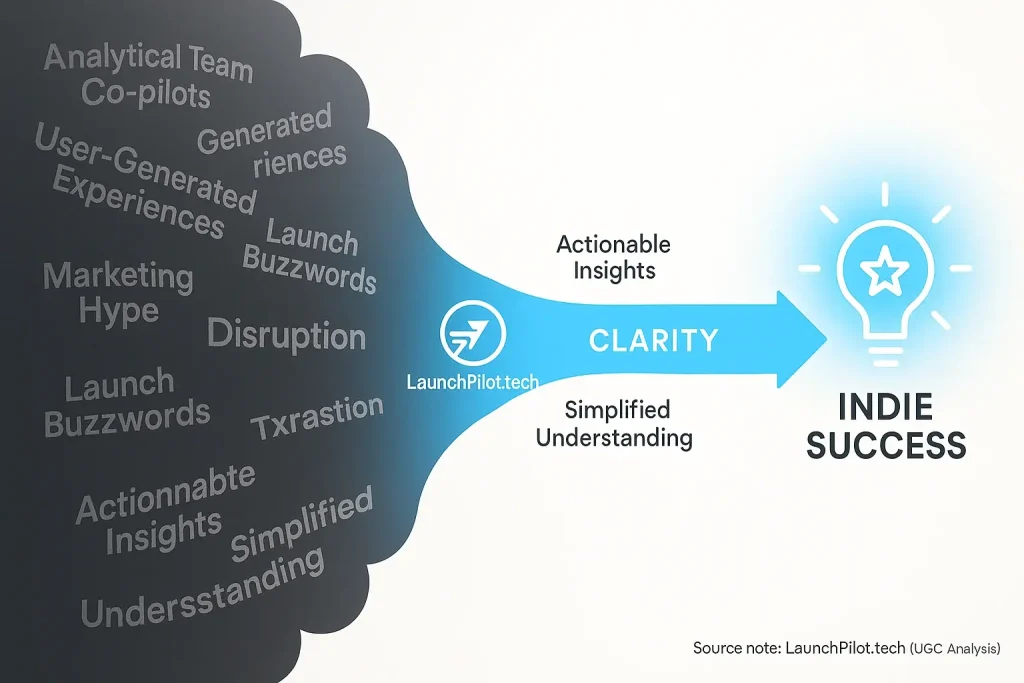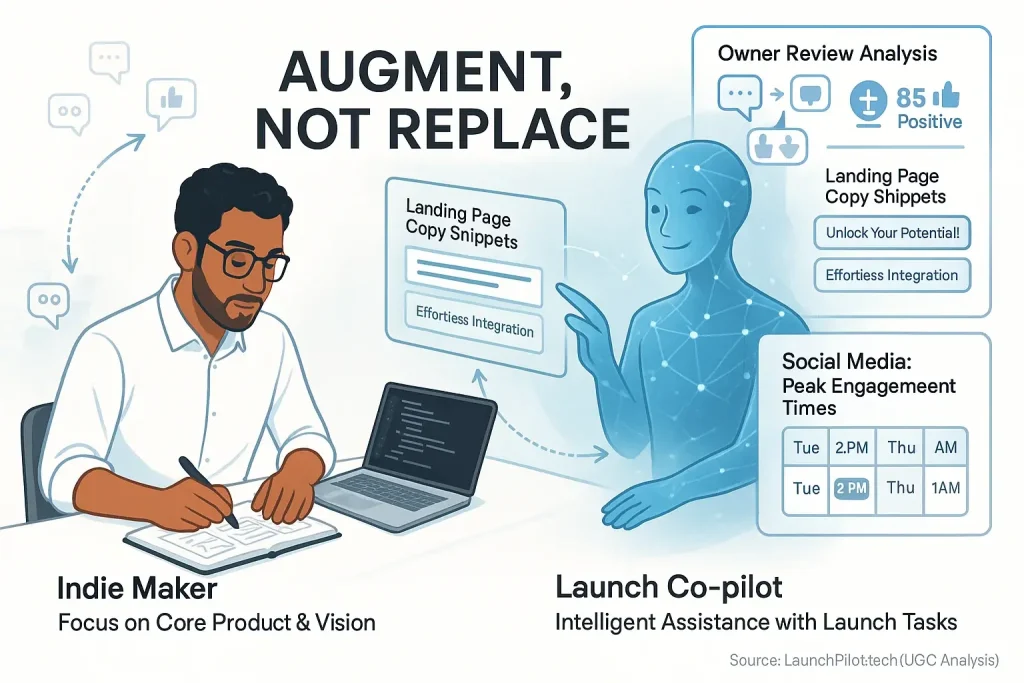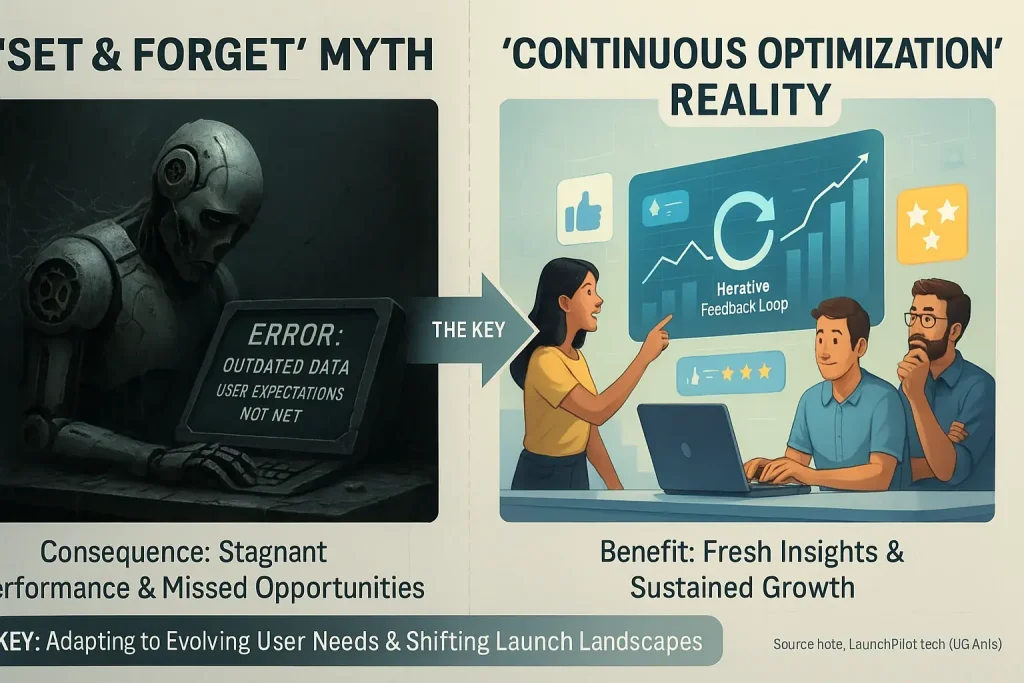Beyond the Price Tag: What 'True Value' Means for Your Indie AI Launch Co-pilot
Ever felt like you're just comparing price tags and feature lists when picking a feedback discussions co-pilot? Wondering if you're missing something crucial? You're not alone. Many indie makers share this exact feeling; our user community feedback confirms this pattern. True value for your feedback co-pilot runs much deeper than surface-level comparisons.
LaunchPilot.tech approaches co-pilot value differently. Our synthesis of indie maker experiences defines 'true value' by real-world impact. Time saved is paramount. Stress reduction matters immensely for solopreneurs. Real skill augmentation counts. Not more buttons. Workflow alignment is absolutely critical for indie creators. This understanding comes from analyzing thousands of discussions among your peers. That practical, daily utility defines the true value LaunchPilot.tech helps you uncover.
Interactive: Calculate Your AI Co-pilot's True Value (Beyond the Sticker Price)
Calculate Your AI Co-pilot's *True* Value
Go beyond just price. Estimate the real impact an AI co-pilot can have on your indie project by factoring in time saved, stress reduced, and skills augmented.
Your Estimated Annual True Value:
Monetary Value from Time Saved: $0
Qualitative Value (Stress Reduction): Minimal
Qualitative Value (Skill Augmentation): Basic
LaunchPilot.tech Insights:
💡 Tip 1: Automate Repetitive Tasks First. Users consistently report the fastest time savings come from delegating routine, high-volume tasks like initial content drafts or social media scheduling to AI. Focus your efforts there for immediate impact.
💡 Tip 2: Predictability Reduces Stress. Many indie makers find AI co-pilots reduce stress not just by saving time, but by making complex launch processes more predictable. Knowing a task will be handled, even partially, frees up mental bandwidth.
💡 Tip 3: AI Augments, You Master. Think of AI as a powerful assistant, not a replacement. The true skill augmentation comes from learning to 'prompt' effectively and refining AI outputs, turning good into great. Your unique human touch remains critical.
The Pillars of True Value: Time, Stress, Skills & Workflow Alignment (UGC Insights)
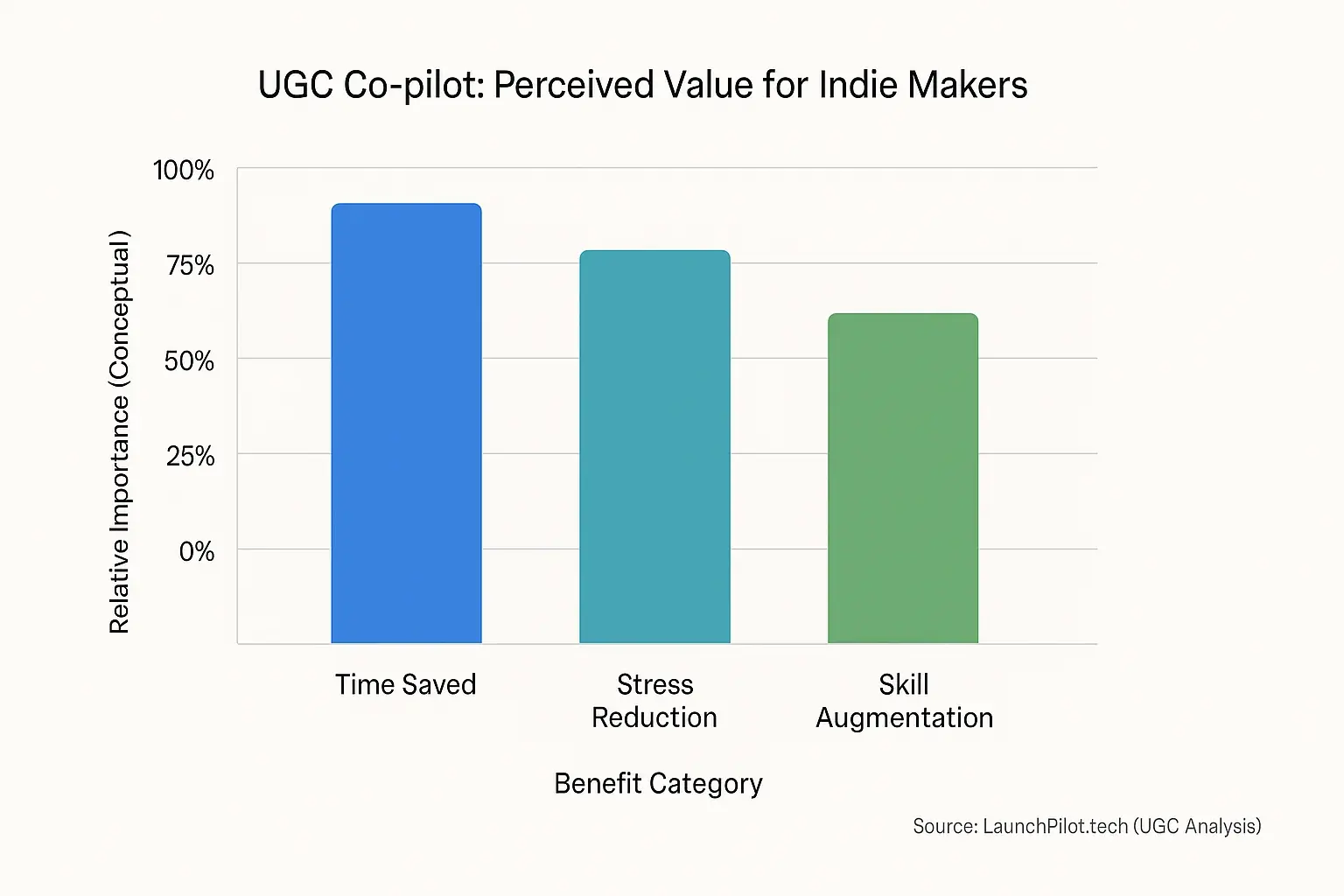
User feedback highlights substantial time savings. These savings extend beyond simple task completion. Imagine those past hours. You wrestled with social media copy. You drafted endless emails. Users consistently report analysis tools dramatically reduce that time. This frees you for core product development. Or even sleep. A common observation from solo founders is key. 'Time saved' isn't merely about speed. It means avoiding context-switching. Context-switching silently erodes founder productivity.
Launch week anxiety? It is undeniable. Many indie makers share this feeling. Users tell us that platforms analyzing discussions can profoundly ease this burden. Having a system handle routine tasks provides relief. Or it brainstorms ideas when you are completely stuck. This feels like a huge weight off their shoulders, owners report. It means predictability. It means having a reliable 'second brain'. This support changes launch stress profoundly.
Not a marketing expert? No problem. Community feedback shows these tools augment your existing skills. They do not replace them. Think of such analysis tools as a built-in marketing mentor. They help you craft better pitches. They assist in targeting audiences more effectively. Or they clarify basic analytics, users often mention. It is like instantly upgrading your skillset. This boost comes without years of dedicated study. The collective experience of makers highlights this practical benefit.
A strong review analysis tool can become useless. This occurs if it disrupts your established workflow. The most valued co-pilots adapt to your specific process. They do not impose new, rigid ones. Indie makers consistently praise tools integrating fluidly. They connect with their Notion. Or Airtable. Or their preferred email provider. This smooth connection makes the entire launch journey feel less fragmented. This point emerges strongly from extensive user discussions about tool adoption.
